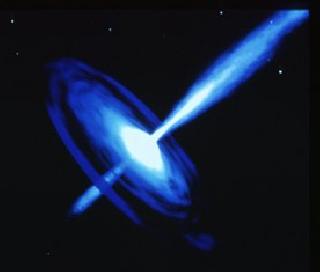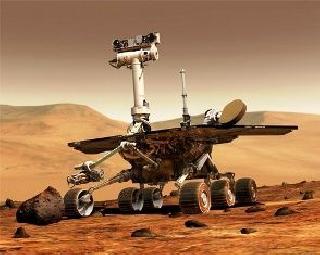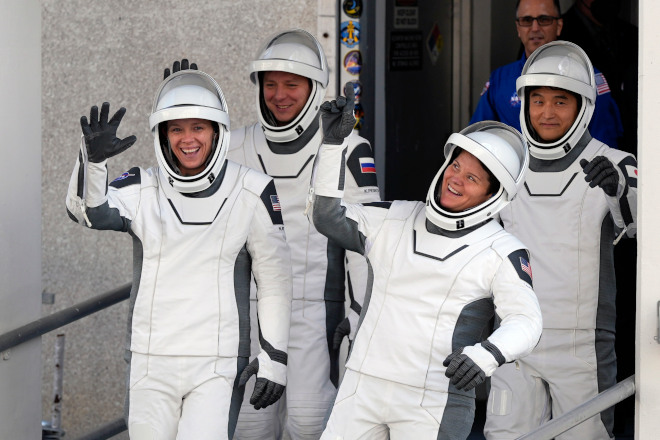
An artist�s impression of the jets emerging from a supermassive black hole at the centre of the galaxy PKS 0521-36. Photo Dana Berry / STScI
LONDON (BNS): Astronomers have found that giant black holes in the centre of galaxies are on average spinning faster than at any time in the history of the universe.
Dr Alejo Martinez-Sansigre of the University of Portsmouth and Prof. Steve Rawlings of the University of Oxford made the new discovery by using radio, optical and X-ray data. Their findings are published in the journal Monthly Notices of the Royal Astronomical Society.
Using radio observations, the UK astronomers were able to sample the population of black holes, deducing the spread of the power of the jets. By estimating how they acquire material (the accretion process) they could then infer how quickly these objects are spinning.
They said, in the past, when the universe was half its present size, practically all of the supermassive black holes had very low spins, whereas nowadays a fraction of them have very high spins. So on average, supermassive black holes are spinning faster than ever before.
This is the first time that the evolution of the spin of the supermassive black holes has been constrained and it suggests that those supermassive black holes that grow by swallowing matter will barely spin, while those that merge with other black holes will be left spinning rapidly.
"The spin of black holes can tell you a lot about how they formed. Our results suggest that in recent times a large fraction of the most massive black holes have somehow spun up. A likely explanation is that they have merged with other black holes of similar mass, which is a truly spectacular event, and the end product of this merger is a faster spinning black hole," said Dr Martinez-Sansigre.
Professor Rawlings added, "Later this decade we hope to test our idea that these supermassive black holes have been set spinning relatively recently. Black hole mergers cause predictable distortions in space and time - so-called gravitational waves. With so many collisions, we expect there to be a cosmic background of gravitational waves, something that will change the timing of the pulses of radio waves that we detect from the remnants of massive stars known as pulsars.
If we are right, this timing change should be picked up by the Square Kilometre Array, the giant radio observatory due to start operating in 2019."
 Previous Article
Previous Article Next Article
Next Article













The Indian Air Force, in its flight trials evaluation report submitted before the Defence Ministry l..
view articleAn insight into the Medium Multi-Role Combat Aircraft competition...
view articleSky enthusiasts can now spot the International Space Station (ISS) commanded by Indian-American astr..
view article